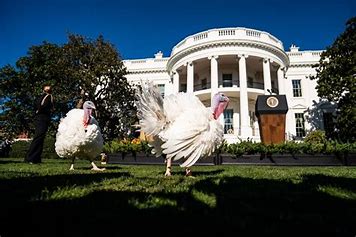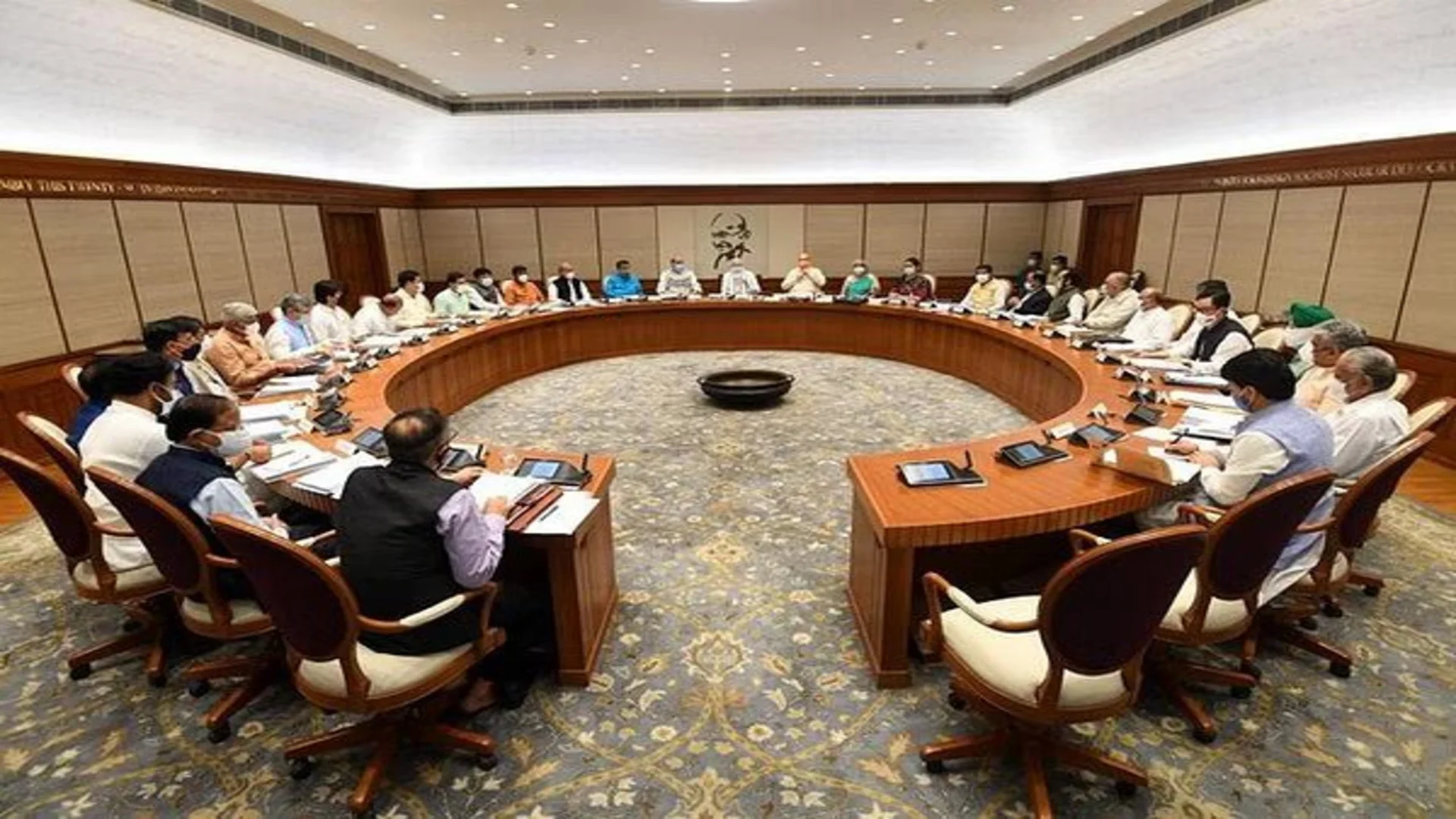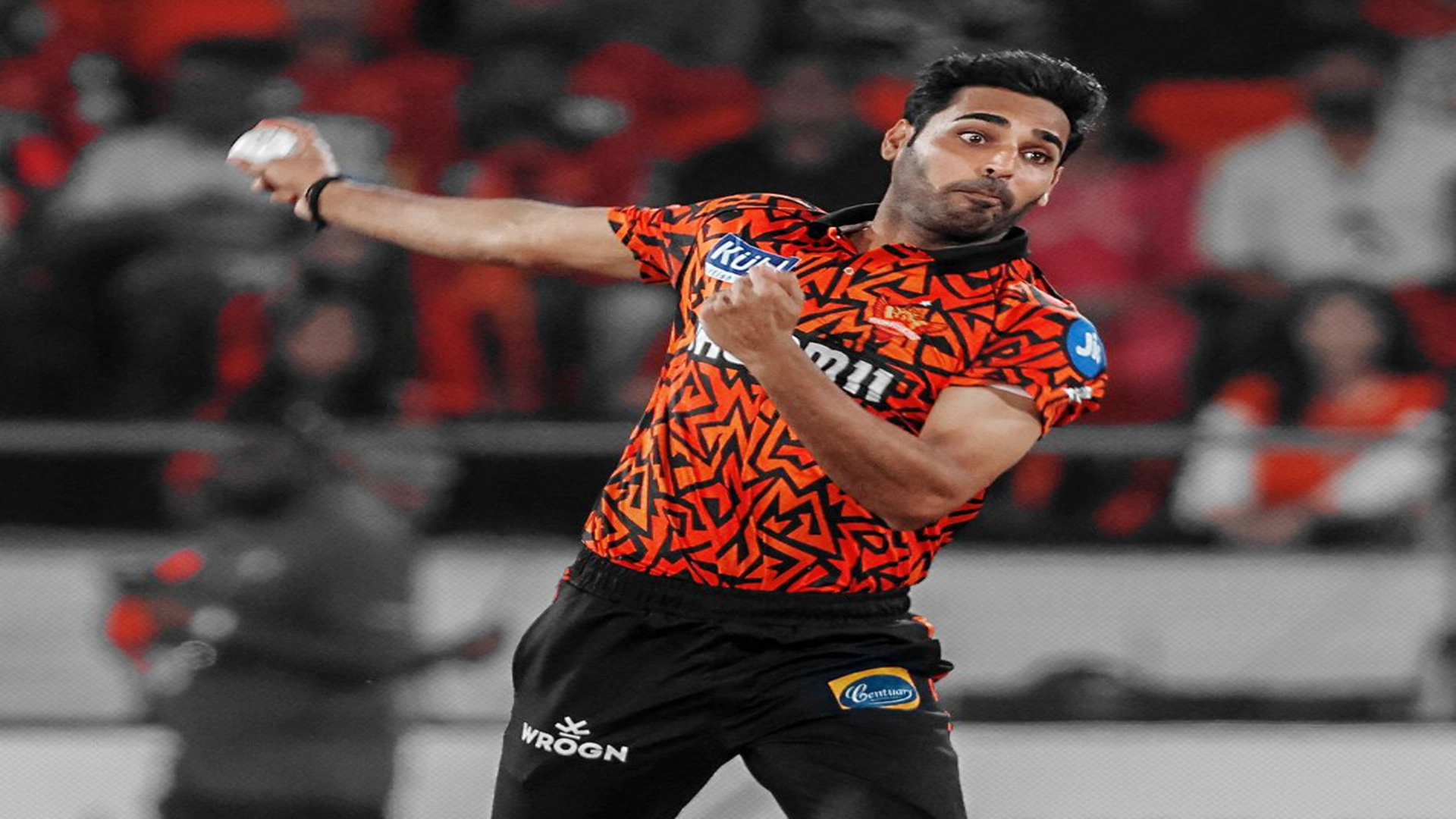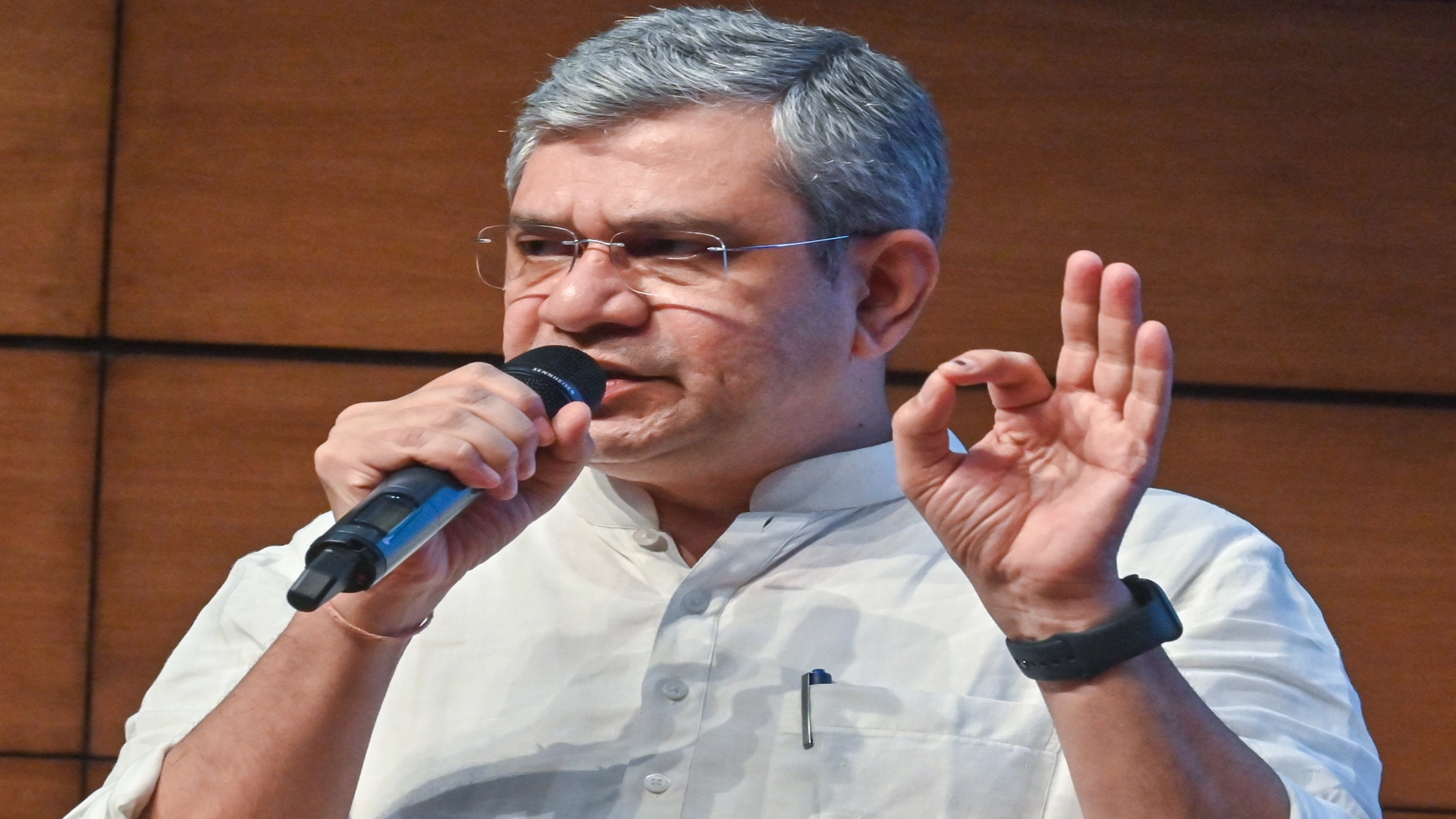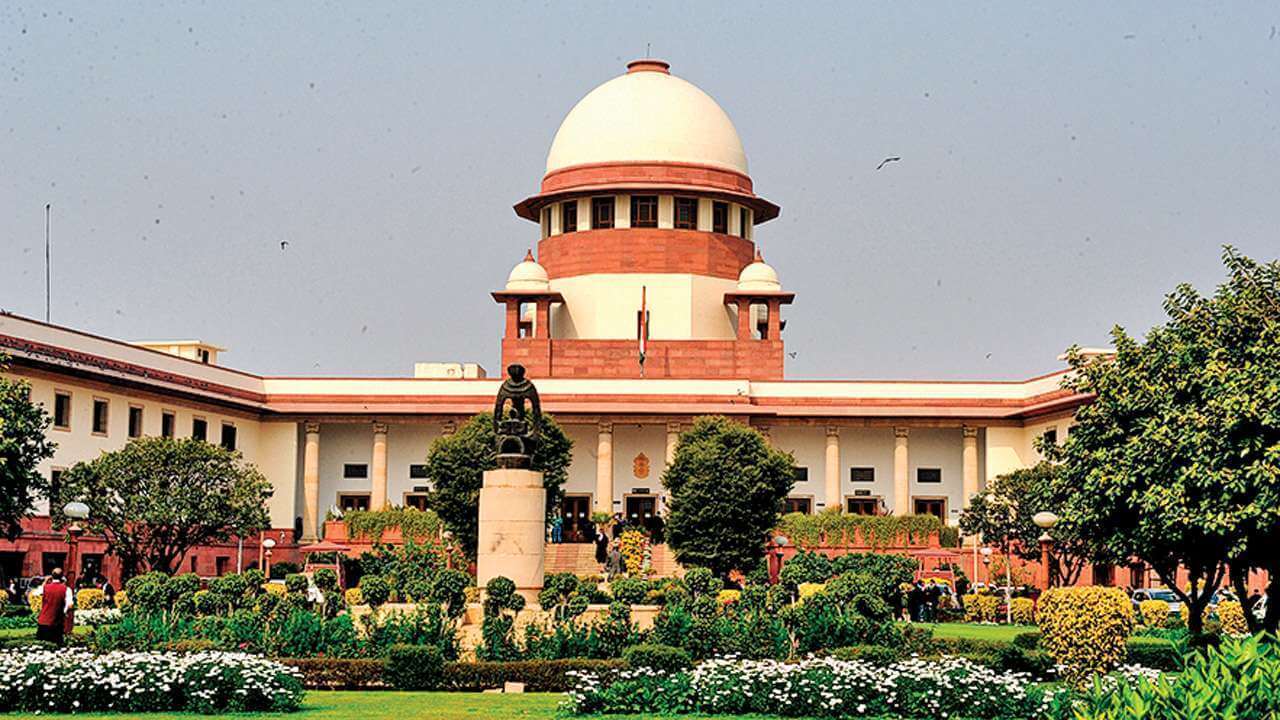
Tarun Nangia- Hello and welcome to Legally Speaking with me Tarun Nangia. The Supreme Court collegium headed by the Chief Justice of India Justice Deepak Mishra has decided that henceforth, all the elevations and all the appointments and even the transfers of judges would be put up on the Supreme Court website. This is a welcome change and is showing the way to where the judiciary is headed in the future. To discuss the issue of appointment of judges as a whole, today, on Legally Speaking, I have with me Justice Jaspal Singh, former judge, Delhi High Court, Senior advocate Abhishek Manu Singhvi, a member of Parliament and an eminent jurist, and Advocate Suman Jyoti Khaitan, a very well known corporate lawyer and founder of Suman Jyoti Khaitan and Company. Welcome all of you. Sparing your time for this episode of legally speaking… So first of all we will start with opening comments. Mr Singhvi, if you could please tell me that after you read the decision of the collegium what would be your first reaction upon reading it.
Sr. Adv. Abhishek Manu Singhvi- Well, I think everybody would agree largely that it’s a very welcome decision. It’s a great start. It is a necessary condition. But it is by no means a sufficient condition. You need to constantly improve this process and I am not grudging the fact that they have started it. But take an example, if you actually see what they put up, in many cases not in all though, they have given conclusions and not really reasons. Now I am not finger-pointing, I am not finding fault, because it’s a great start. But overtime you have to make it, at the minimum, with reasons relevant to the decision closed because the idea is that people know. I do not, however, take the extreme view which some of my friends have taken that you should you should disclose or put up on the website the entire minutes. I mean let’s not allow some kind of imaginary perfect with enemy of the good. We have to work it out in a reasonable way. But I think it inhibits candor and frankness if you start. But certainly reasons relevant to rejection and reasons relevant to appointment should be disclosed. Even if those inverted commas of five lines or three lines are disclosed. There are lot of other things which should happen overtime. I am not saying this is the end, but it is a great start. Tarun Nangia- It’s a great start. Advocate Khaitan if you could tell me what is your reaction to this decision of the Collegium? Adv. Suman Jyoti KhaitanWell, I think it’s a welcome step and most people were expecting it would come earlier. It has come. I only had one thing, that if supposing this was unanimous, if there was a decision then the views of different judges, in my view, should also be put up. I’ll tell you why. We are moving towards a more and more transparent society. We are still far behind America where they are put to rigorous interview by the Senate and everything is on television and they also have voting. I am not saying India is right for that stage today. But I think Judiciary, if it becomes more transparent, its good for everybody. Because then you overcome the argument that many of these judicial members, either ex lawyers or relative of judges or ex juniors etc. So that’s another allegation which we should get over. Number 2, obviously all the transfers must be on some meritorious ground. You cannot just transfer the way you transfer a bureaucrat or a police officer. So what is the reason which necessitated the transfer? That is a must. It should not be a feeling that you know you have just transferred for whatever reason. Same for appointment. There is no two views that the man must be of the highest integrity possible. Plus the competence, his experience and everything! So I think these all factors which everybody agrees to. But as my friend just mentioned it’s a very welcome step. But we hope that there will be more transparency in the days to come. Tarun Nangia- Justice Jaspal Singh, Sir you have served on the bench and when you read such a decision, what would be your first reaction? Justice Jaspal Singh- Well I do tend to agree with my friends. That it’s a welcome step. But I do regard it to be a very very small step. It’s healthy, no doubt but leaves a lot of scope for improvement. Of course, reasons should be given. But then put it on website that Mr A has been elevated or B has been elevated, that will be in the newspapers very next day also. So it doesn’t serve much purpose. That’s why I say that it is a very small step. Tarun Nangia- Justice Jaspal Singh making a very important point and being as frank as one can be when he says that this information would be out in the newspapers anyway the next day. But moving on, I’ll get advocate Singhvi. Sir, I want to ask and read out a small statement. Justice Chelameswar had made it for making it mandatory for the Collegium to record its reasons for selecting a person for appointment as a judge or to the Supreme Court and the high court or transferring a judge from one high court to the another. So, he said that these reasons must be recorded in writing. In fact a year ago he also opted out of the Collegium and started recording his views on files containing the Collegium’s decisions to select a person for appointment as judge and transfer of high court judges. He had told a media house a year ago that a transfer wasn’t a solution for disciplining a bad judge. So, if we stick to the appointment point itself Justice Chelameswar had made it clear that reasons must be recorded in writing. How would you react to his statement and his observations? Sr. Adv. Abhishek Manu Singhvi- Firstly, it is a vindication of a stand, in the sense that there is a certain formalism about the reasons that now come in. So I would comment and congratulate him to the extent that his stand has been converted into reality. I am sure this applies to the other Collegium members also because it is not a unilateral view of someone. There were reasons earlier also. But now, the very fact that you are putting the reasons out in the website shows that they are both in writing and a certain set of objective reasons are given. I don’t think the reasons come out in the press. So there is that clear net benefit to the country that the reasons come out on the website. But having said that there is a lot more. Let us look at the intricate procedure in just half a minute. I have for long been a votary. I have spoken, I have written about it, that both for designation of seniors and for appointment of judges, especially after you had the Collegium system. Why couldn’t this be done along with the same Collegium, without disclosure. Have uniformity. There is no uniformity in how you select and there is no intergenerational uniformity. This collegium of five decides in a certain way. Amongst us, he likes something totally different, you like something totally different, I like something totally different. Intergenerationally the next set of judges who come after five years decide on something totally else. So what I mean by reformity is, I did write an article on this and I said that why can’t judges, whatever they decide, does not matter, have four criteria on which they will mark the appointees. I am not saying what they should be. They could be integrity, could be number of judgments and quality of judgments rather, could be experience, could be a performance in the bar priorly. I’m just giving an example. And within each parameter Justice Jaspal Singh will mark differently, I will mark differently depending on my perception of the person. And so we will Mr. Khaitan. But at least all four of us are forced to apply our mind to common four criteria. We just don’t do it for designation of seniors. We should do it for both. And I’m not saying, in the first phase, that that should be made public. But at least force yourself, I argued this before the Bench which was deciding on the designation of seniors as well, that at least internally, all of you 31 gentlemen must mark on uniform criteria. Tarun Nangia- Okay, that’s a very important point raised by Advocate Abhishek Manu Singhvi. Sir, I would now like to ask you to react on the statements made by Justice Chelameswar in the past year or so. Adv. Suman Jyoti KhaitanIt’s very dangerous for a lawyer to remark on statements by judges. I mean we can be held up for contempt as well. Right or wrong that’s it in our country. In America of course you can do a lot more, it’s not a contempt. But we are within the constraints of our system. But just to take point for the point which Mr Singhvi just mentioned. Even in a listed company, as an independent legal director of listed companies… now independent directors need to have a meeting where on the same criteria as you said, different criteria because it’s a company, you have to get points. Good, bad, average, 10, 9, 8… to each and every which is a key manager person and the other directors also and the other directors and executives have to give several marks to me as independent director. Whether you are prompt, whether you have read the papers, whether you know the law, whether you have been attending… all the marks have to be given. And that is kept confidential but that’s part of the company’s record. If it is so important even for a director in a listed company, I’m sure it is far more important for a judge, point number one. Point number two, you must understand this that we need an institutional approach not an individual approach. This is what I think Mr Singhvi meant. Each individual, obviously, will have his own approach which is good. But you have to have an institutional approach. That is why if you wish to frame rules and guidelines, that will help to have an institution approach and also to have a smooth flow and shift from when one generation to another. We need to flow with times also. So now coming back to your point of Justice Chelameswar. Look, he is entitled to his views. We also heard some remarks from another retired judge of the Supreme Court, Mr Katju, of course that was way beyond. He was also issued notice of contempt by the Supreme Court. That is one part. But if Mr Chelameswar has a good point and to the extent it’s been validated, nobody has ever said that the Collegium system is the best. In fact, if you read the letter of the constitution, it is the President who appoints, in consultation with the Chief Justice of India. That was the decision in the First Judges case. Tarun Nangia- Now, I’ll take on from what you are saying that if we see what the framers of our constitution intended, did they intend that judges should be appointed in consultation with the government or in concurrence with the government? And if the constitution framers indeed thought that judges should be appointed in consultation with the government, is the Constitution of India now being now being followed in that sense or what should we look at 10 years hence? Because the judiciary, in a sense, with Justice Chelameswar speaking on this issue, there is a certain dialogue now happening between the government and the judiciary. So in these lines, I’d like to go across to Justice Jaspal Singh. Sir, if you could tell me that if the constitution framers intended that the judges should be appointed in consultation of the government and it used to happen until, if I am not wrong, 1994. What is the future looking at or how should we look at things in the future? Justice Jaspal Singh- Well, if you don’t mind, let me first start the question of transferring Justice Chelameswar’s remarks very briefly. Tarun Nangia- Yes. Please. Justice Jaspal SinghThree of the judges of Delhi High Court were transferred, obviously for some reasons. They have been transferred back. What is the reason? What was the reason for their transfer? And what is the reason for their coming back? You see, that’s why Justin Chelameswar says that please note it down so that the public should know, at least. And one of the transferees was never transferred. Why? Tarun Nangia- I get your point. It’s a good point and we are going to record a separate episode on transfer. Justice Jaspal Singh- Now coming back to your question. Personally, speaking and from a little experience as a judge, the government should be kept away from appointment, miles away from it! They are all politically motivated. They want their own people. They want their own guest-men. It will play a havoc upon the judicial system. And that is why the judgment of the Supreme Court, probably, that was the reason. Yes, to the extent that you have the reports of the intelligence bureau, that is acceptable. But beyond that, nothing! Tarun Nangia- Sir, are you speaking this specific that in India it is not…? Justice Jaspal Singh- I’m talking of India. I’m not talking of other countries. Political situations are different from the political situations in US. Tarun Nangia- Taking your points up, Mr Singhvi, how would you look at all this situation? Sr. Adv. Abhishek Manu Singhvi- I think it’s an interesting question and I would rather look at it from a historical perspective and think of it in three to four phases to understand the issue. It’s a reality but we should see how the development happened. I think that from 1950 to approximately the late 70s, things worked well, strangely, even with an executive primacy. Then was the phase of executive primacy. I remember, in 1991 there was a matter in Chief Justice Ranganath Mishra’s court where the government was called upon to file an affidavit as to in how many cases there had been a difference of opinion and appointment from 1950 to 1990 between the government, who had the final word, and the judiciary, who were to recommend. And the affidavit said that barring three to five cases, there had been unanimity for 40 years. Now that’s a great achievement of us. Let’s not forget that. However, that’s number one. Number two, the sad truth is that I am not talking politics, you can see how frank I am. Somewhere from the 80s and we had the unfortunate supersession episode also, in the 70s, I’m sorry not in the 80s. From the late 70s, a phase occurred, where, to put it mildly, appointments of indifferent quality and I am using the words of studied moderation, occurred. Therefore came phase three which was a clear backlash to indifferent qualitative appointment. So this did happen from 1950 to 1970s. When the quality changed, of appointments, therefore it always happens, executive excess or executive abdication leads to judicial whiplash. So then came the First Judges case. They arrogated to themselves thinking they’ll appoint better. Unfortunately, 80% of what happened to the central government, happened to the Collegium system of appointment, from Justice Verma’s pristine glory days of his first judgment till the Second Judges case. However, the judges were not prepared to accept it, And I’ll end very quickly, I know I am taking time. The last phase was a phase which, according to me, I say it because I’m a very strong supporter now of the collegium system because it’s been upheld. I was the one who opened the debate on the NJAC. I believe that now that they have rejected it constitutionally, they should fully workout the Collegium. But I believe the NJAC was to be given a chance as a third model just like the executive primacy had failed, judicial primacy had failed and there was an opportunity. NJAC people forget that it is nothing but a modified for the collegium itself. It is a collegium which is both broaderbased with judicial primacy still. I open the debate for it in favor of NJAC, but I hold the view that once the Supreme Court has rejected its constitutionality, good, bad or for whatever reason, we have no option but to work the existing system the best. Tarun Nangia- But sir, also as a parliamentarian, in 30 seconds I want you on the fact that if there is a law which is now passed by all the state legislatures, the parliament and then the Supreme Court strikes it down. Supreme Court has the rights to strike anything that is bad in law but how do you… because see, you have got the unique position of also being in the Supreme Court and the Parliament. You can give us that. Sr. Adv. Abhishek Manu Singhvi- You are hearing this from the actual person who moved Bill. NJAC, I opened the debate. But I still believe that that’s a debate not open to us now. In our constitutional system where the Supreme Court can declare a constitutional amendment unconstitutional, it is, you like it or not, the truth is that they’ve the last word. Now they’ve pronounced the last word. So, it’s a futile debate to say should they have done it or not. There are a lot of infirmities in that judgment but today, honestly and in spirit, we must implement the judgment. Which is why, last point, I fault the Supreme Court that having arrogated the entire power from here to here, yes why’re not able to implement your judgement? Why do you cry and lament and complain when you make a recommendation as the judicial Collegium, it goes to the central government, the central government sits on it for six months, the judgements are clear. Your own judgment is clear. You took the power from Mr Jaspal Singh to get to yourself, now Mr Jaspal Singh is able to delay the whole appointment. The judgment says you reiterate it and if they don’t obey and implement, have the law secretary called up for contempt. And maybe on persistent default, you call the law minister once for contempt, from any government! Therefore, this lamentation is also misplaced. Today you can’t find any excuse for burgeoning arrears, for non-appointments. You cannot say that look, he is sitting on the file. He cannot sit on the file under the law of the land beyond a certain time. Beyond that you have to have the guts to implement it. I believe very strongly, as a supporter of NJAC, and now it is far of the review, the jury will implement. Tarun Nangia- Mr Singhvi was as frank as he could be as a parliamentarian and also eminent Supreme Court lawyer. We’ll take a short break and be right back. Tarun Nangia- Welcome back. Now we’ll go into the annals of the judiciary and discuss what is unwritten. But what happens and all judges know, all eminent lawyers know and anybody who tracks the judiciary also knows that there exists an unwritten quota system within the judiciary where no more than a certain number of judges are elevated from each high court or each state. So, as we look at it, the quota system says that no more than three judges from each state. Is this depriving really meritorious high court judges from a chance at elevation at the Supreme Court? And if that is indeed happening, should something be done about it? Shouldn’t merit matter above all? We will discuss this and I will get justice Jaspal Singh on this. Sir, you would have seen how elevations happen. You know more about it than all of us. Could you please tell us what you think on this unwritten quota system so to speak. Justice Jaspal Singh- You have yourself said that it is unwritten. Now, the Supreme Court is the representative of all the states. It’s not basically wrong, it’s not basically bad, but of course, if there is great talent, there is no reason why it should not be picked up. And you can’t deprive a very talented person the position which is due to him only because the quota is already full for a state. I don’t think it’s followed to that strict sense and it will be very healthy if people are picked up from merit. But keeping in view also that Supreme Court of course represents all of India. Tarun Nangia- I took your point. Mr Singhvi, I would want your view on this and also, I would like to ask you has it happened and you argue cases in courts across the country. That you have ever felt that such a talented chief justice of the high court missed being elevated at the Supreme Court because you argued before judges and you definitely have an idea. Sr. Adv. Abhishek Manu Singhvi- Let me answer about both your questions. On the first part, having been very critical of the Collegium system and other systems, just now before you, I think on the whole on the question of your first part, the manage it rather well in the Supreme Court. Number one, merit continues to be the criterion. Number two, calls for caste-based and caste includes various categories from SC,ST,OBC to others, have been largely resisted by the court. Calls for official quota systems have been resisted. However, when you appoint on merit, I don’t think is wrong at all to keep a broad, general geographical consideration and also group or category consideration. That is not a quota. It’s a difficult thing to juggle, but they manage it rather well. But only but only criticism there is, when they do aberrations which create hard burning. There are two states, it’s an open secret, who have as of God’s right, three slots each in the Supreme Court. So every other state asks me when I go to another high court. What is this divine right of these two states or these two capital cities of two states to have at least three, not maximum three, at least three always? I believe each of these states have very outstanding judges. That’s not the point. But you know, it does create hard burn. He’s from another state. He says why should I be only for one state. Therefore this is a part. Second question, yes, I think the system today works because there are those anonymous judges which most of us don’t know, but whom I come across every day when I go out. There is that totally anonymous, unsung hero, non-ostentatious, not in the capital city, not dealing with politically sensational cases, not having the cameras on himself, who is doing the excellent job. I find it almost 50% times when I go to Orissa high court, or you know, Punjab and Haryana High Court, Kerala High Court. You keep coming across them. These are the people who are the backbone of the system without such hard-working judges and you’re surprised. He’s totally unknown. He’s doing such a good job. That’s how the system works. Tarun Nangia- So, you say we have these gems? Sr. Adv. Abhishek Manu Singhvi- Oh yes, absolutely! There’s no doubt about it. Tarun Nangia- So we have such gems in the Indian judiciary who do their hard work without seeking the so-called recognition. Just to their work. That’s a very good point made by Mr Singhvi. Mr Khaitan, your view on this issue? Adv. Suman Jyoti KhaitanI fully agree with them. In fact, recently, I don’t go to Patiala Court, Tiz Hazari very often.Some of their judges are very good. Even in the lower courts, even in the tribunals for example. We have people who are very good and also very high on the integrity part and competent and they concentrate on the work, one thing. Second thing, your audience and the public must know they should applaud the Indian judiciary for working in such difficult conditions. They have fifty matters or hundred matters on your board every day. If it goes to America or in UK, the judges will not be able to handle but they still handle. Partly you may say it’s our fault, we’re entertaining too many SLPs, we’re entertaining too many appeals, and yes to an extent we have a long hierarchy of appeals. I think the Law Commission should have a look at it and move so many hierarchies of appeals and review and revision and SLP and have less number of it. But coming back to your basic point, see, the judicial system, you must have competent people right from the top to the bottom. If the bottom don’t have competent people, then you’ll have justice across and you’ve more appeals up the system. So it’s not that the bottom should not have good people. They should also have good people. But among the collection of good people, you know, we all come across so many good people who should have made it higher, they have not made it higher up, for whatever reason. (First broadcast on Legally Speaking on NewsX) (Transcribed by Animesh Gupta, NLU, Nagpur)

